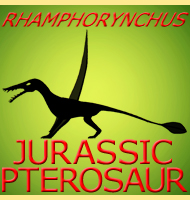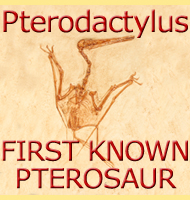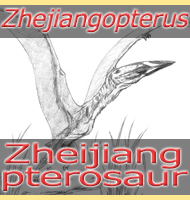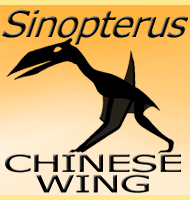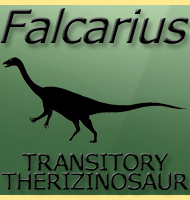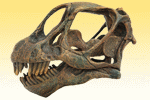

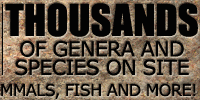
Caulkicephalus
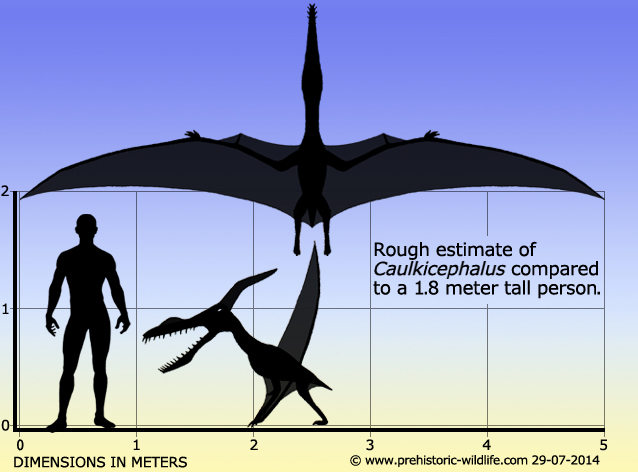
Name:
Caulkicephalus
(Caulk head).
Phonetic: Cawl-kih-sef-ah-luss.
Named By: Lorna Steel, David Martill, David
Unwin & John Winch - 2005.
Classification: Chordata, Reptilia,
Pterosauria, Pterodactyloidea, Ornithocheiridae.
Species: C. trimicrodon (type).
Diet: Piscivore.
Size: Estimated 5 meter wingspan.
Known locations: United Kingdom, Isle of Wight
- Wessex Formation.
Time period: Barremian of the Cretaceous.
Fossil representation: Partial skull from
fragmentary remains, and partial post cranial remains.
Caulkicephalus
had to be reconstructed from several fragments before it could be
classified. Once pieced together the form of an ornithocheirid
pterosaur
was easy to see including the specialised fish catching
dentition. Although only the replacement teeth that are still within
the jaw have been preserved, the size of the actual teeth can be
inferred by examining the size of the tooth sockets.
The
largest teeth were the third pair from the tip of the snout. The
second and first pairs grew steadily smaller, but the pairs
immediately behind the third pair dropped off on size dramatically
until the pairs eight, nine and ten which were comparable to the
first pair. The teeth towards the front of the mouth also projected
outwards rather than straight down. This is a simple method of
increasing the catch area of the teeth as Caulkicephalus
tried to
snatch fish from the water.
Caulkicephalus
is thought to have had a crest on its snout near the tip such as other
members of its group including Ornithocheirus.
Also examination of
the Caulkicephalus cranium indicates the presence
of a second crest
that rose up from the back of the skull, perhaps in a similar manner
to Pteranodon.
For
anyone unfamiliar with the name, a 'caulk head' is a term of
reference used for anyone coming from the Isle of Wright.
Further reading
- A new pterodactyloid pterosaur from the Wessex Formation (Lower
Cretaceous) of the Isle of Wight, England. Cretaceous - Research, 26,
686-698. - L. Steel, D. M. Martill, D. M. Unwin & J. D. Winch -
2005.
----------------------------------------------------------------------------
Random favourites
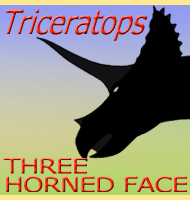 |
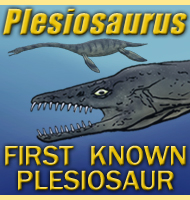 |
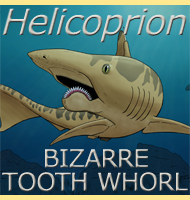 |
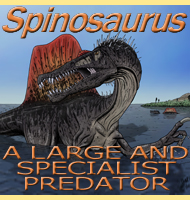 |
